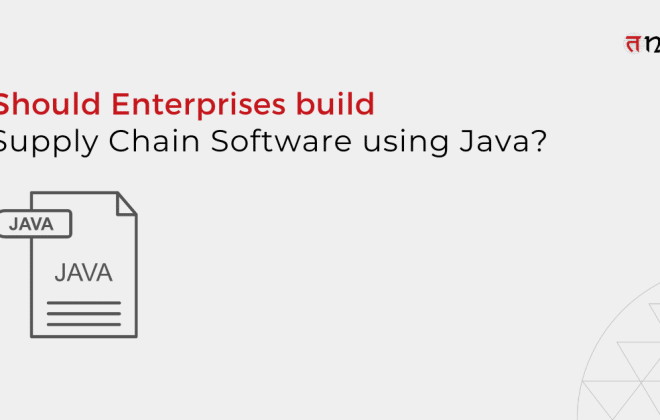
Is the FinTech world Falling in love with Java?
Table of Contents
ToggleIn the early 2000s, Goldman Sachs started creating a Java collections framework called Caramel, later renamed Eclipse collections. Goldman’s affinity of Java for FinTech is nothing new. Developers who’ve worked for the bank said it’s known for being a ‘Java house.’
“Goldman is all about Java and Slang,” says one, referring to the proprietary programming language that underpins the historic SecDB risk and pricing system.”There wasn’t much Python when I was there.”
Goldman’s Java affiliation is reflected in its training programs. – The ‘Engineering Essentials’ program open to sophomore students is entirely focused on Java and Javascript, and most of the firm’s pinned Github repositories are Java-related. By comparison, Goldman’s Python training is oriented towards quant roles.
(Source: efinancial careers)
Java is a Top Contender for FinTech
Nearly 47% of all FinTech companies use Java in their technology stack. Enterprises and startups use the programming language to create new products and re-engineer existing an existing FinTech project.
Apart from Java for FinTech and Banking, the world’s top companies that use Java include Uber, Linkedin, Spotify, Groupon, Microsoft, Infosys, TCS, Pandora, Square, Airbnb, etc. These companies are rigorously taking advantage of Java’s capability to create complex and scalable applications with ease.
64% of Java users are in the United States. It is the biggest market for the programming language. In the U.S. alone, there are over 10,000 FinTech startups operating right now. The massive integration of FinTech and Java is inevitable.
Listen to our latest podcast episodes on Innovation, FinTech, and more!
Why Java Makes Sense for FinTech Products
Today, digital finance is a priority for all types of financial institutions. Be it banking or stock trading, all components of finance require digitization.
Java plays a pivotal role in digitizing finance. Whether it’s an enterprise app to manage the internal financial operations or a consumer-focused application to achieve high user engagement, Java for FinTech innovation serves all requirements.
Here are a few reasons to use Java programming language for FinTech Solutions:
- FinTech-grade Security
FinTech requires a high amount of security, and Java meets that need. It has a wide range of in-built security features, runtime constraints, and an advanced security manager. It has a number of data access and memory security features that ensure FinTech apps remain safe and protected from any vulnerabilities. - Portable Technology
Java is a platform-independent programming language. Automatic garbage collection allows controlling memory leaks. Because of Java Virtual Machine (JVM), the Java bytecode can be run on any machine, including macOS, Linux, and Windows. JVM also supports many modern languages like Scala, Kotlin, etc. - Proven Use Cases
One of the biggest reasons to use Java for FinTech industry is that it has proven use cases in the sector. It has a ton of libraries and ready-to-use plugins for personal finance features, credit card integrations, payment gateways, and several other functionalities. Companies in investment, banking, trading, and other financial niches use Java in their technology stack.
Java also delivers high performance, offers wide community support, and has organized documentation. Startups and companies that need an all-around programming language for building FinTech solutions can definitely explore Java.
Wrapping Up
Java is the third most popular programming language in the world. Its use cases in FinTech and staggering growth are proof that the programming language is serving the needs of the FinTech industry. However, Java for FinTech implementation requires experts from a software product engineering company, like those at Tntra, who can create solutions for decentralized finance, blockchain, and trading platforms to simplify digital finance.
Contact the Java engineers and experts at Tntra to consult on how to proceed with creating/re-engineering a FinTech solution.






